Colombia is the fourth most impacted country by deforestation globally, despite being the second richest in biodiversity after Brazil. Nearly 200,000 hectares of forest disappear annually, mainly due to intensive farming and livestock activities. This massive deforestation, particularly in the Andean region, affects the páramos. Located between 3,000 and 4,000 meters above sea level, these mountainous ecosystems, the planet’s most biodiverse, are characterized by exceptionally high endemism and a significant water storage capacity. They provide up to 70% of drinking water to local communities throughout the country.
Reducing anthropogenic pressure on forests and páramos :
HUMY has partnered with Impulso Verde Kuaspue to protect and restore páramo and high-Andean forest ecosystems in Colombia, specifically in the southwest of the country within the Chile-Cumbal complex and the Regional Natural Park of Páramo de la Paja Blanca. This páramo, which provides drinking water to nearly 100,000 inhabitants, has lost a quarter of its original area over the past 10 years. The project deployed by HUMY and Impulso Verde aims to strengthen the capacity of local community associations to produce and plant native species in degraded páramo areas. The project also aims to promote the development of a sustainable livestock model, sylvopastoralism, which can be extended in the medium term to over 40,000 dairy producers in the region. Therefore, raising awareness and involving peasant and indigenous communities, particularly the Pasto, are significant project priorities to ensure its sustainability.
Results of the first partnership cycle from 2021 to 2023:
The MDM Foundation supports HUMY in its community reforestation program. Funds provided during the first partnership cycle have enabled:
1.Supporting local associations in setting up tree nurseries to produce trees :
- Equipment for 16 nurseries, construction of 2 community nurseries and 1 educational nursery.
- 197 training sessions held within the nurseries, with approximately 1,273 participants and 77 capacity-building workshops.
- Creation of a joint knowledge document with associations Envol Vert and Forestever.
2. Rehabilitating trees in the dairy farming model through sylvopastoralism with small producers :
- 61 sylvopastoralism training sessions involving 1,035 participants.
- Formation of 7 different dairy associations.
3.Protecting and restoring páramos and high-Andean forests through watershed reforestation and local population awareness :
- Planting 178,622 native trees on 39 hectares.
- Approximately 93 km of riverbanks and living hedges reforested.
- 8 planting days organized with the participation of over 2,022 people.
-
Objectives of the second partnership phase from 2024 to 2026:
1.Contributing to the restoration of high-Andean forests through tree planting :
- Planting 75,000 native trees using the production from 3 equipped nurseries.
- Completion of a tree inventory of the nursery network and development of a floristic guide.
- Strengthening the capacities of local associations.
2.Restoring rural landscapes and their ecosystem services :
- Establishment of 45 hectares in sylvopastoralism.
- Training of 45 small dairy producers in sylvopastoralism and sustainable farming practices.
3.Assessing long-term program impacts and raising awareness among local populations :
- Biomonitoring of a sample of plantation sites.
- Conducting a socio-economic impact study of the program among nursery network members.
- Conducting awareness sessions for 2,250 people on the role of trees and the importance of forests among children, including 6 citizen planting days and the organization of environmental and cultural events.
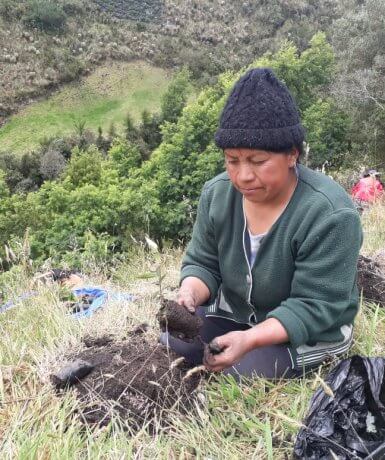
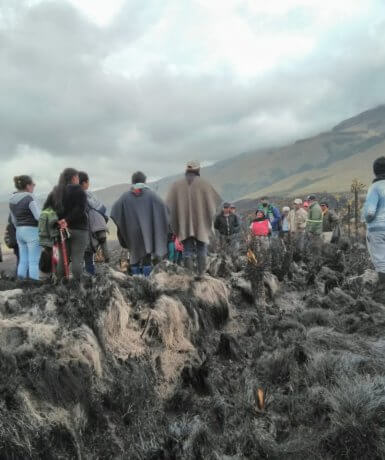
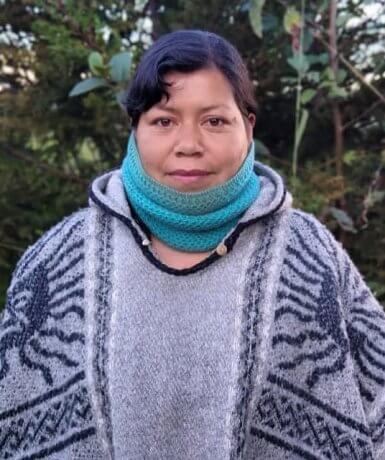
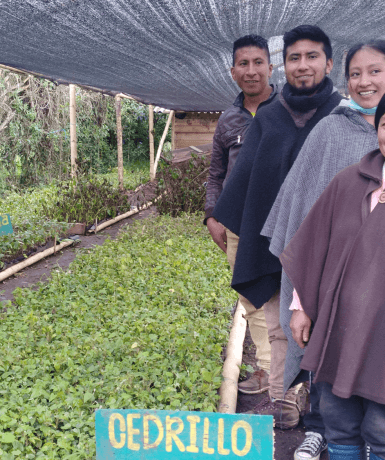
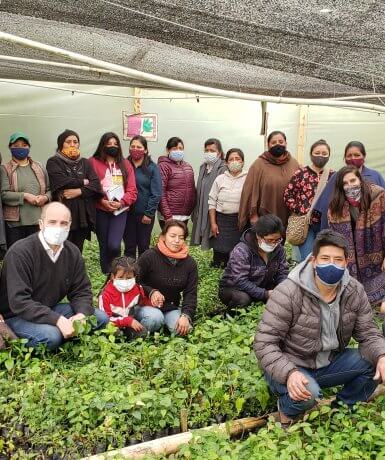


 Contact us
Contact us 

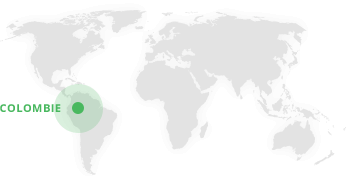

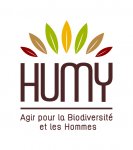
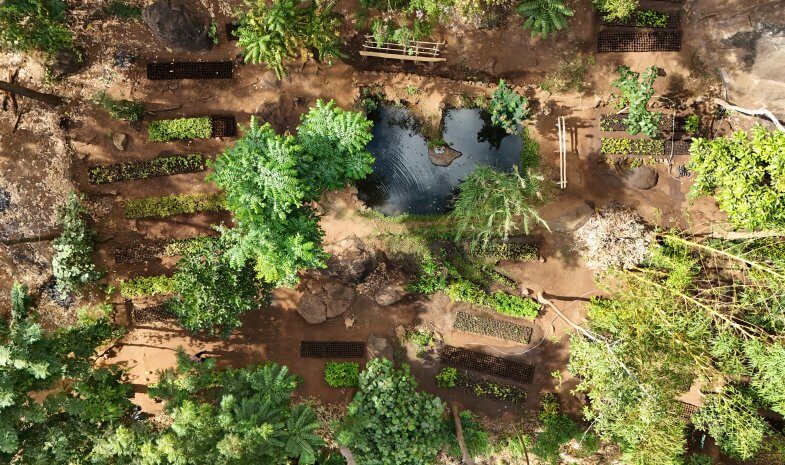
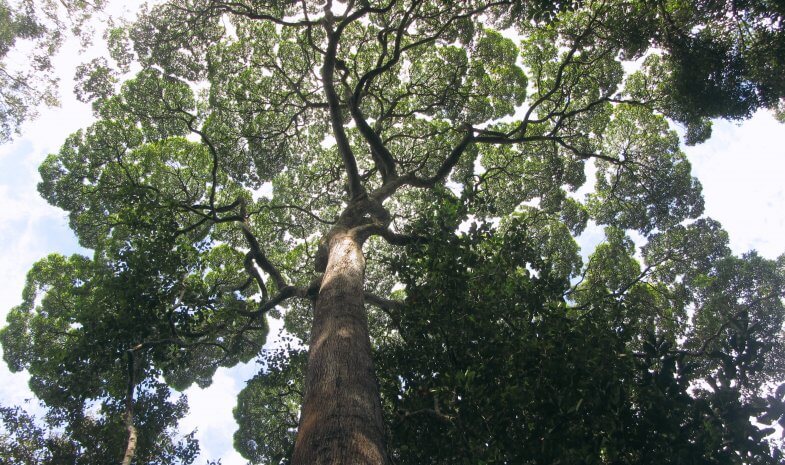
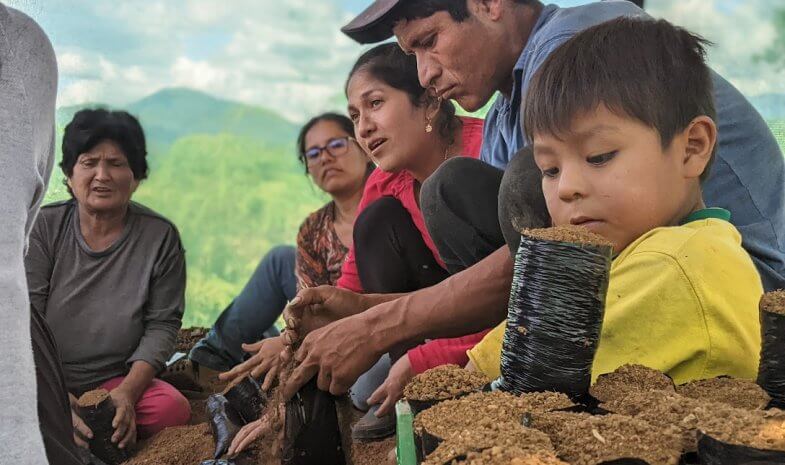
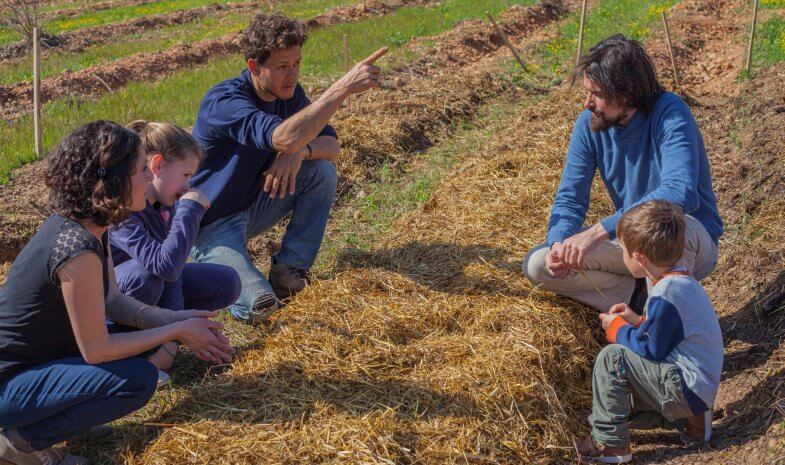

“Help us work with the pasto indigenous communities to protect the biodiversity of this unique ecosystem!”
Luisa Delgado project manager